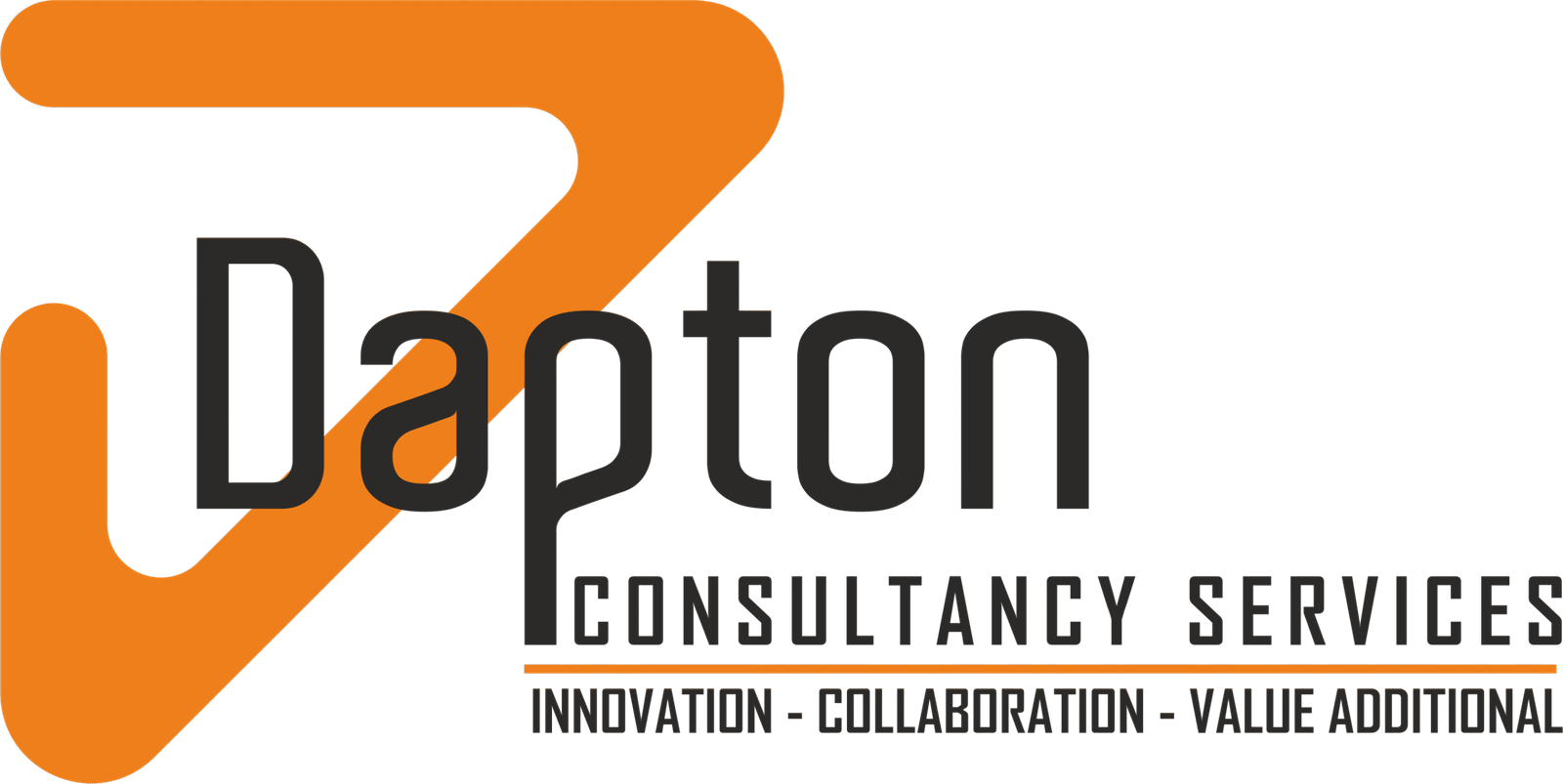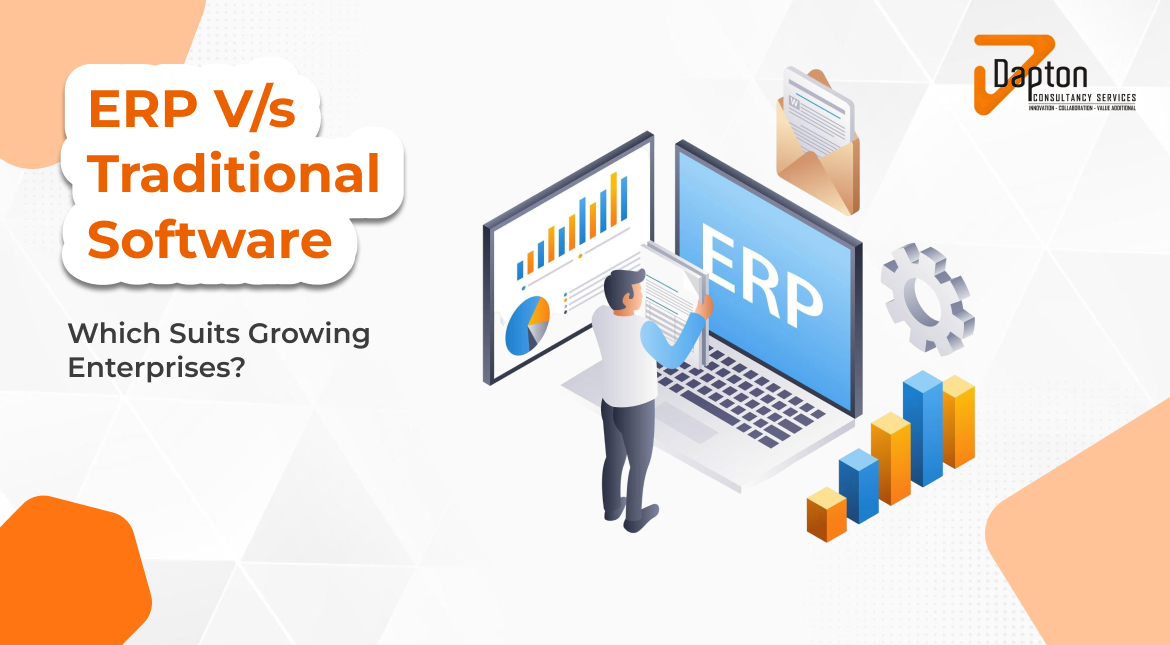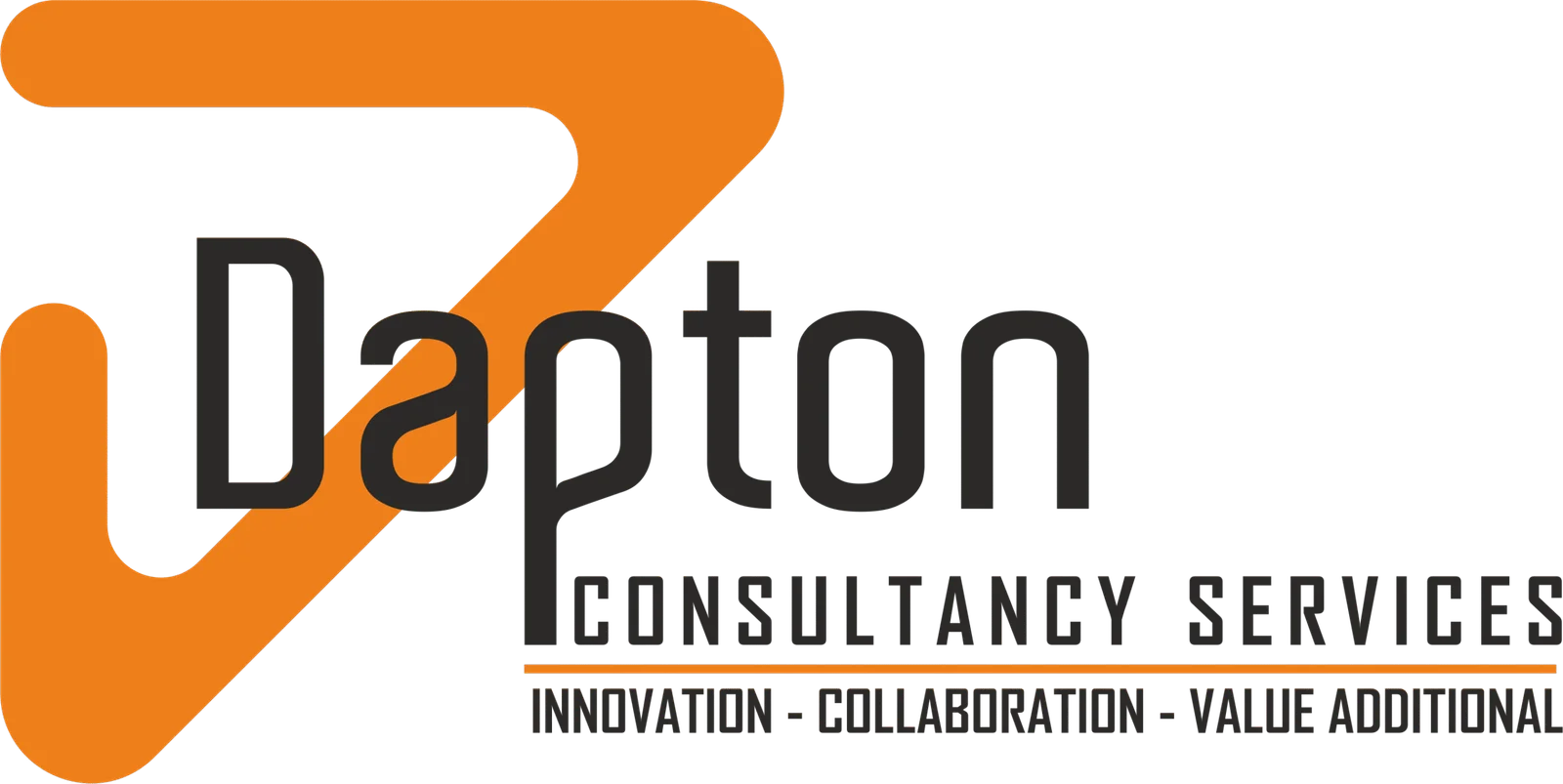As enterprises grow, their operations become increasingly complex. Rising customer expectations add further pressure to streamline quickly. Selecting the right software foundation is a critical business move. It can drive rapid growth or create costly roadblocks.
This brings us to a – critical crossroads: ERP vs traditional software. Which suits growing enterprises best?
In this particular blog post, we will together explore the nuances of ERP for growing businesses, compare it with legacy systems, and unpack the ERP software benefits that make it a compelling choice for modern enterprises.
Whether you are a startup crossing into mid-market territory or an established SME eyeing expansion, this enterprise software comparison will help you make an informed decision.
Cloud ERP vs Traditional Software: A Paradigm Shift
Traditional software systems—often siloed, on-premises, and department-specific—served businesses well in the past. But in today’s fast-paced digital economy, they struggle to keep up with the demands of agility, integration, and scalability.
Cloud ERP vs traditional software is not just a technical debate—it is a strategic one. Cloud-based ERP systems offer:
- Real-time data access across departments
- Remote accessibility for distributed teams
- Automatic updates and lower maintenance overhead
- Scalable infrastructure that grows with your business
In contrast, traditional software for business often requires manual upgrades, localized data storage, and costly IT support—making it less ideal for dynamic, growing companies.
ERP for Small and Medium Enterprises (SMEs) – Not Just for Giants
Gone are the days when ERP was reserved for Fortune 500 companies. Today, ERP for small and medium enterprises (SMEs) – is not only accessible but essential.
The ERP market is estimated to observe swift growth, with forecasts indicating it will increase to
$96 billion by 2032. World-wide market growth of ERP software is expected to upsurge at a CAGR of 7 percent amid 2023 and 2032.
Why Growing Businesses Need ERP Software
- SMEs face increasing pressure to deliver – faster, smarter, and more personalized services.
- Manual processes and disconnected tools slow down – operations and increase risk.
- ERP systems offer – cost-effective automation, compliance support, and scalable growth paths.
Modern ERP platforms like – NetSuite, SAP Business One, and Odoo cater specifically to SMEs. They provide tailored modules that – fit diverse business needs. Flexible pricing models make them – accessible for growing companies.
Business Management Software Comparison!
Traditional software may appear – cheaper at first glance. However, it often leads to – hidden costs in – upgrades and maintenance. Inefficiencies in manual processes can – slow down growth. Missed integration opportunities can impact long-term ROI.
ERP System vs Legacy Software – The Scalability Factor
When comparing an ERP system vs legacy software – scalability becomes a decisive factor. Legacy systems often:
- Lack of integrations with modern APIs.
- Require manual data entry and reconciliation.
- Struggle with multi-location or multi-currency operations.
In contrast, ERP systems are built for scale. Whether you are expanding to new markets or adding new product lines, ERP platforms adapt without disrupting operations.
This ERP vs traditional software scalability is crucial for enterprises aiming for sustainable growth.
Scalable ERP Software Solutions for Enterprises
Scalability is not just about handling more data. It is about enabling -smarter decisions, faster execution, and seamless collaboration. Scalable software solutions for enterprises should offer:
- Modular architecture to add features as needed.
- Cloud infrastructure for global access.
- AI and automation to reduce manual tasks.
- Compliance tools for evolving regulations.
ERP systems check all these boxes. This makes them ideal for – next phase of growth.
ERP Implementation for Growing Companies
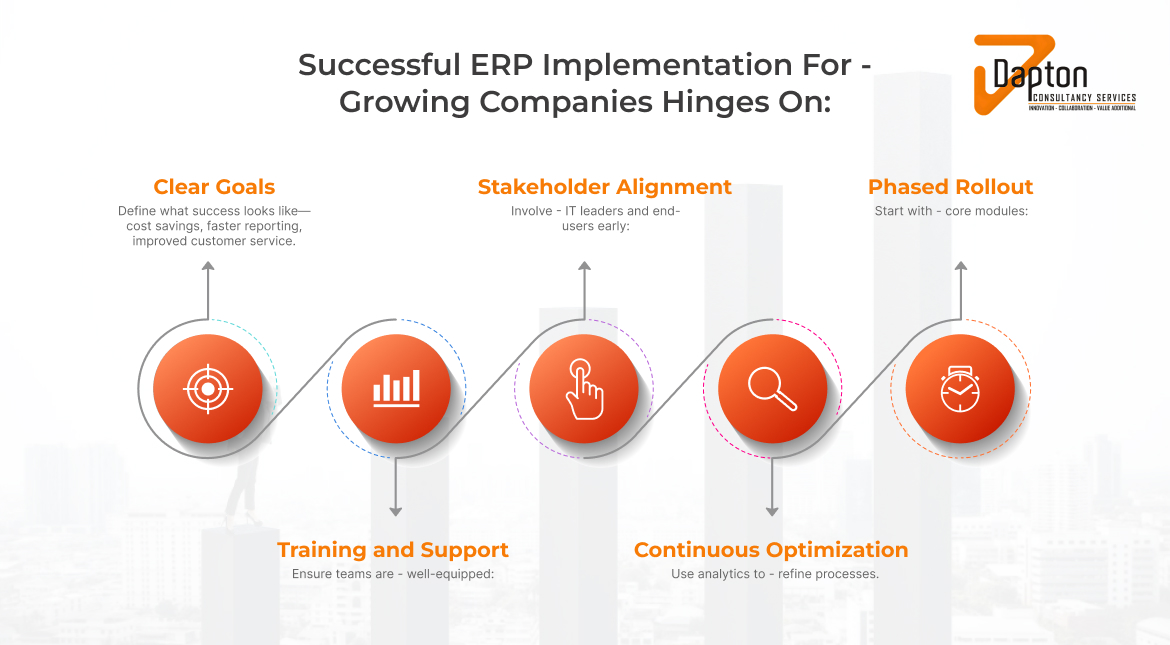
Successful ERP implementation for – growing companies hinges on:
1. Clear Goals.
Define what success looks like—cost savings, faster reporting, improved customer service.
- These goals should be – documented to ensure alignment.
- Set KPIs to – monitor performance.
- Track your user adoptions.
- Use insights to – assess ROI.
2. Stakeholder Alignment.
Involve – IT leaders and end-users early:
- Their inputs ensure – real-world workflows.
- Early buy-in reduces – resistance.
- Feedback loops keep – your stakeholders engaged.
3. Phased Rollout.
Start with – core modules:
- This minimizes – disruption.
- It allows teams to – adapt gradually.
- Each phase must cover – testing and evaluation.
- Early lessons ensure – smoother rollout.
4.Training and Support.
Ensure teams are – well-equipped:
- Offer role-specific training.
- Provide documentation support.
- Empower users to – easily adapt the system.
5. Continuous Optimization.
Use analytics to – refine processes.
- Monitor system usage to – identify bottlenecks.
- Enable regular updates as per – evolving business needs.
- Optimization is not a one-time task—it is a continuous journey toward operational excellence.
Avoiding the challenges with traditional software in growing companies—like data silos and manual errors—starts with a well-planned ERP rollout.
ERP System vs Manual Business Processes
Manual processes may work for – small teams. However, they become bottlenecks – as businesses grow. Comparing the – ERP system vs manual business processes reveal that:
- Manual workflows cause – errors and delays.
- ERP systems – automate and enable tasks.
Automating – invoicing, inventory tracking, and payroll tasks – saves valuable time. It reduces – manual work and minimizes errors. Teams can focus towards – strategic goals. This boosts your – productivity and business growth.
ERP Advantages and Disadvantages: A Balanced View
Before starting the implementation phase, it is substantial to comprehend the ERP advantages and disadvantages.
Advantages of ERP Software Solutions:
- Enables centralized data management.
- Improved decision-making through – real-time analytics.
- Enhanced compliance and audit readiness.
- Streamlined workflows and reduced manual errors.
- Scalable software solutions for enterprises.
Disadvantages of ERP Software Solutions:
- Initial implementation – cost and time investment.
- Change management challenges for teams.
- Customization limitations in off-the-shelf solutions.
Despite these challenges, the benefits of ERP for business expansion often outweigh the drawbacks. This is especially true – when compared to fragmented legacy systems.
Future of ERP in Growing Enterprises
The next wave of ERP innovation is reshaping how growing businesses – operate, scale, and compete. Here is how:
AI-Driven Predictive Analytics
ERP systems are evolving from reactive dashboards to proactive intelligence hubs. With AI-powered analytics, businesses can forecast demand and detect anomalies.
Agentic AI—autonomous systems that perform complex tasks will double the knowledge work capacity. This shift empowers teams to make – data-backed decisions and automate operations.
Integration with IoT & Blockchain
IoT-connected devices feed real-time data into ERP platforms, They enable smarter asset tracking and supply chain visibility.
Blockchain adds a layer of trust and transparency, across many industrial domains like – healthcare, and finance. Together, these technologies enhance – traceability, reduce fraud, and streamline compliance.
Industry-Specific ERP Cloud Solutions
Cloud-native ERP platforms offer scalability, remote access, and lower infrastructure costs. Vendors now deliver tailored modules and ensure faster deployment. As data security concerns rise, hybrid and private cloud options are gaining significance.
Conclusion: Choosing the Right Path for Growth!
Choosing between – ERP and traditional software goes – beyond technical specs. It is a strategic decision that – impacts long-term growth. Enterprises looking to scale need integrated systems. ERP provides the foundation to – compete in a global market.
Comparing ERP systems with legacy software highlights – efficiency and scalability. ERP platforms offer better integration and automation for growing businesses. Their benefits support long-term expansion and adaptability. Overall, ERP stands out as the smarter investment for modern enterprises.
Traditional software may still have a place in – niche or static environments. However, for growing businesses – the need for integration, automation, and scalability is non-negotiable.
Whether you are an SME or a mid-sized enterprise, embracing ERP is not just a tech upgrade—it is a business transformation.
Why Choose Dapton for ERP Implementation
Proven ERP Expertise for Growing Enterprises
Dapton specialises in scalable ERP solutions that align with the evolving business needs. Their team brings deep technical and strategic experience to every implementation.
Tailored Industry Approach
Dapton customises ERP modules for industries like – manufacturing, retail, services, and distribution. Each solution is tailored to fit your growth goals—never one-size-fits-all.
End-to-End Support
From initial consultation and system selection to deployment, training, and post-launch optimisation, Dapton backs your journey at every stage.
Ready to Transform Your Business and Operations?
Schedule a free ERP consultation with Dapton today and unlock the ideal solution to fuel your business growth. Let our experts guide you toward – smarter and scalable operations success.
FAQs
1. Which is better ERP or traditional software for enterprises?
ERP is generally better for growing enterprises due to its scalability, integration, and automation capabilities. Traditional software may suffice for small, static operations but struggles with complexity and growth.
2. Why do growing businesses need ERP software?
Growing businesses need ERP software to manage increasing data volumes, streamline operations, ensure compliance, and support expansion without adding overhead.
3. What is the cost comparison of ERP vs traditional software?
Traditional software may cost less initially. Over time, maintenance and inefficiencies drive up expenses. ERP systems may cost more initially but offer better ROI through automation and scalability.
4. What are the scalability differences in – ERP vs traditional software?
ERP systems grow in modules – adapting easily to business needs. They handle multiple locations, currencies, and channels with built-in flexibility. Traditional software often requires manual upgrades and lacks integration flexibility.
5. What are the challenges with traditional software in growing companies?
Challenges include data silos, lack of real-time visibility, manual errors, compliance risks, and limited scalability—making traditional software unsuitable for dynamic growth
